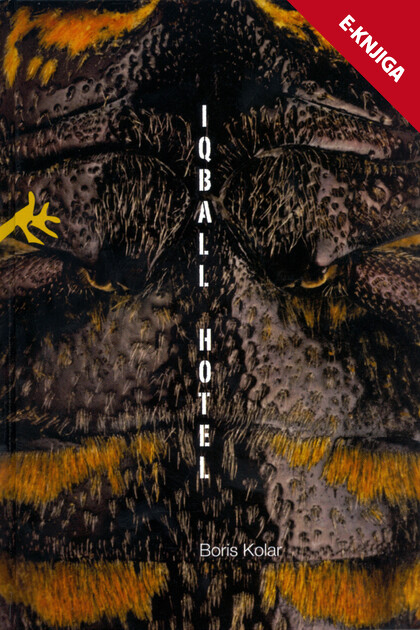The story of the Iqball hotel is set in the time immediately after World War I. The laid-back Vito, bustling with Mediterranean cheerfulness, fulfils his life's wish when he sets up a hotel in the middle of the savannah, even though the hotel is only a mud cabin. The Maasaian Harusha are the only guests bringing laughter and plenty of not too sensitive fun to the hotel. The corpulent local woman named Alice rides fatefully into Vito’s life, "sitting upright on her bike, trying to keep her dignity and her parasol high." Opposing the genuine joy in the savannah is the missionary teacher Brandon O’Donnell, who embodies the colonial worldview of the time, filled with prejudice against everything African, especially female and African. The former German soldier Hans Myhen, storyteller and griot, joins the story as a reminder of the war horrors that have so deeply shaken the twentieth-century. Hans Myhen's stories join the time and space surrounding the main characters with the unseen background of the action, ruled by African magic and her servant, the omnipresent wind.
Boris Kolar (1960) is a Slovene biologist, ecologist and farmer, an occasional environmental activist and the initiator of the Movement against the Pollution of the Free and Active Work Time. Iqball Hotel is his first novel. It was written over ten years, sensually over coffee or a glass of wine. A multi-layered literary work, set in the reflection of the twentieth-century, is an ode to the joy of life, interlaced with a sharp criticism of war. According to literary critics, the Iqball hotel is one of the most unexpected, with humorous writing gifted surprises on Slovene bookshelves. The novel was nominated for the Kresnik Award for best novel of the year in 2009.


